Keywords: Aboriginal And Refugee Rights
-
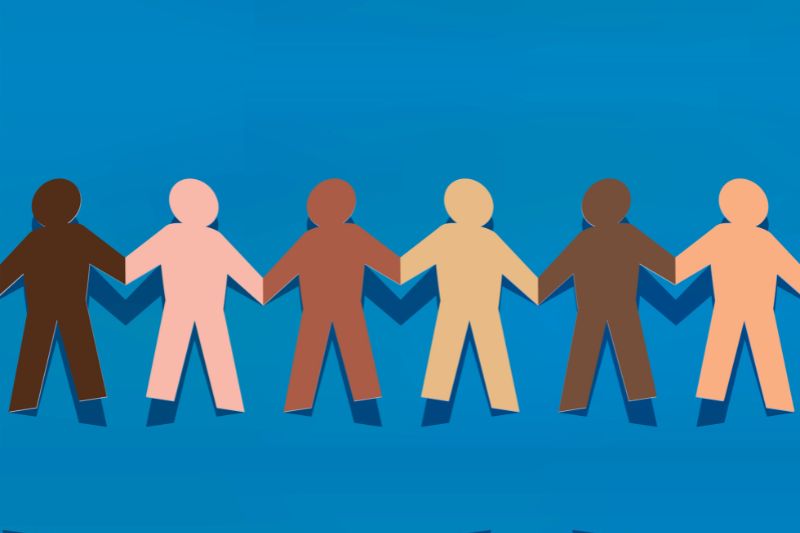
AUSTRALIA
- Joseph Camilleri
- 28 August 2024
3 Comments
As Australia faces numerous moral crises from domestic inequality to global militarization, a proposed national charter of principles could to reshape our society and redefine our global role. This declaration would acknowledge Indigenous dispossession, prioritize human rights, and shift focus from military alliances to human security.
READ MORE
-

INTERNATIONAL
- Lizzie O'Shea
- 07 May 2018
12 Comments
A common response to voters behaving badly is to call for qualifications on the franchise, such as education, or the outsourcing of public policy decisions to experts. Instead, I'd argue the opposite: the problem is not democracy, it is the deficit. It is not that too many people have a say in how society is run, but rather not enough.
READ MORE 
-

INTERNATIONAL
- Justin Glyn
- 06 October 2017
7 Comments
In this time of austerity I am pleased and proud that Our Glorious Leader has decided to curtail the luxuries which we had formerly enjoyed ... for our own good, of course. I refer, of course, to our rapidly diminishing pool of civil liberties.
READ MORE 
-
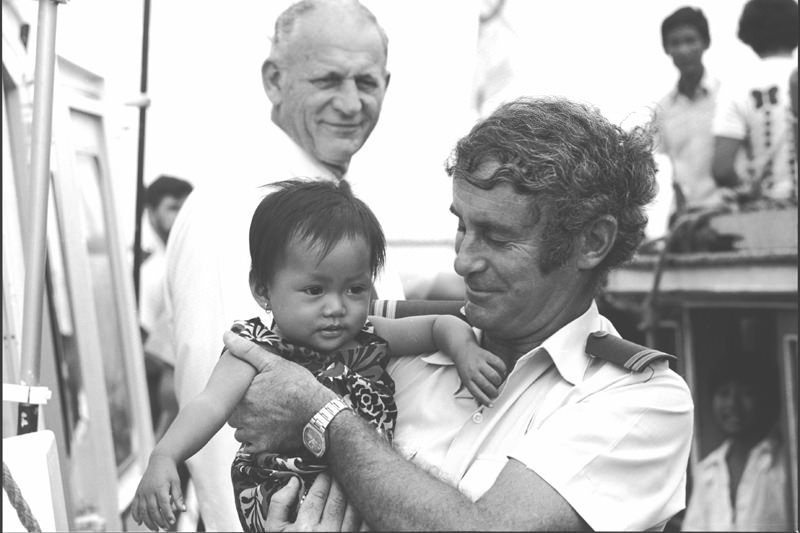
AUSTRALIA
- Frank Brennan
- 20 June 2017
7 Comments
I am resigned to the boats from Indonesia being stopped and staying stopped. But it is high time to stop the cruel treatment of the proven refugees on Nauru and Manus Island, and provide a permanent solution for the asylum seekers waiting inordinately in the Australian community. Their treatment is separable from the stopping of future boats setting out from Indonesia. The Commonwealth's $90 million settlement of the claim brought by asylum seekers on Manus Island should be a wake-up call to us all.
READ MORE 
-
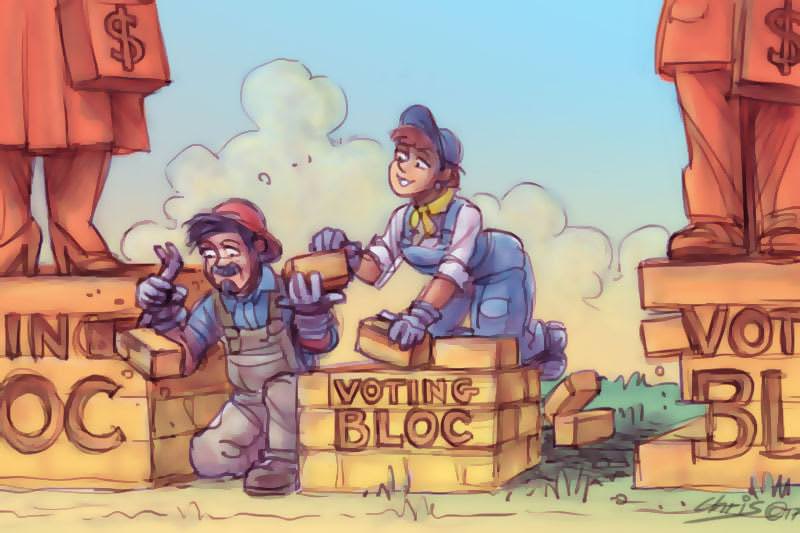
AUSTRALIA
- Ann Deslandes
- 26 May 2017
4 Comments
Wealth inequality in Australia is flourishing. The top one per cent of household wealth in Australia is moving toward being 20 per cent of total wealth, and the country is a preferred destination for millionaires. With a government that prefers to impoverish and vilify the disadvantaged and spend big on coal mines, this does not look likely to shift. But there are always other paths to social justice, and in Australia one may be through the millionaires - or at least the companies on which their fortunes are built.
READ MORE 
-

RELIGION
- Frank Brennan
- 17 May 2017
As the Church of 2030, we need to be more attentive to the contemplation of believers and our experience of spiritual realities, as well as the preaching of the church. Pope Francis has no time whatever for the notion of the Church as a perfect society. But, there is no way that Francis wants to abandon the ideals and the commitment to truth and justice so well exemplified by his predecessors John Paul II and Benedict.
READ MORE
-
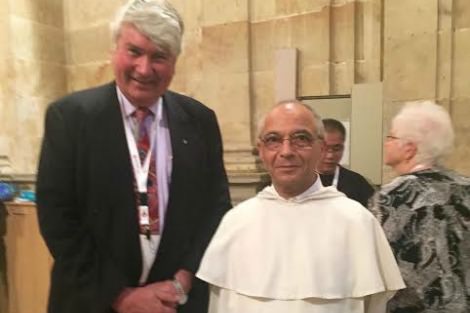
INTERNATIONAL
- Frank Brennan
- 05 September 2016
1 Comment
'I am a Jesuit amongst Dominicans contemplating the Church's view of human rights. I am a human rights practitioner rather than a theologian, aware that human rights discourse is increasingly more universal and secular. Contemplating, preaching and enacting human rights in the 21st Century Church and World, I come asking two questions.' Frank Brennan's keynote presentation in Salamanca Spain to the International Congress of Dominicans in the Promotion and Defence of Human Rights: Past, Present, Future on the occasion of their 800th anniversary.
READ MORE
-

RELIGION
- Frank Brennan
- 02 May 2016
2 Comments
READ MORE
-
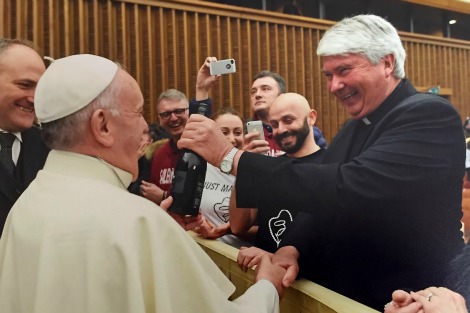
RELIGION
- Frank Brennan
- 25 January 2016
22 Comments
Hailing from Argentina, Francis puts his trust neither in ideological Communism nor in unbridled capitalism. We need to enhance international security, building the rule of law within multilateral organisations, and fostering the climate for investment sensitive to the triple bottom line - economic, social and environmental. I return from Rome grateful that we have a pope prepared to open these questions, accompanied by senior prelates happy to mix it with business and community leaders.
READ MORE 
-

AUSTRALIA
- Frank Brennan
- 10 December 2015
I first met this Tony on my regular visits here to Darwin when he was working at the North Australian Aboriginal Legal Aid Service and then when he set up the mediation services under the auspices of Anglicare. In later years I knew him when he was your Anti-Discrimination Commissioner. He was a quiet, considered, gentle, strong and principled man. On Human Rights Day, it is only fitting that I honour Tony by offering some reflections on the architecture for human rights in Australia, on the contemporary human rights controversies, and on the way forward for better protection of the human rights of Aborigines and asylum seekers, two marginalised groups who had a special claim on Tony's sympathies.
READ MORE
-

RELIGION
- Frank Brennan
- 04 December 2015
1 Comment
'Tonight, gathered here in the Southern Cross Club in the national capital, gathered as Eureka's children. We affirm that there is room for everyone under the Southern Cross. I hope you will return to Canberra carrying the Southern Cross flag when we proclaim the Australia Republic on 1 January 2020 which will be two elections after Australia last had a monarchist leader of a major political party. Tony Abbott is the last of his type. Whether the prime minister honoured to witness the proclamation is Malcolm Turnbull, Bill Shorten or another matters not.' Annual Dinner for Eureka's Children, Southern Cross Club, Canberra, 3 December 2015.
READ MORE
-

RELIGION
- Frank Brennan
- 27 November 2015
2 Comments
'The crisis of child sexual abuse in our societies has required that our institutional procedures be more transparent and that we learn from the ways of the world in exercising power openly and justly. This means we have to restructure some of our church arrangements so that power is exercised accountably and transparently. All of us who have positions of influence and power in institutional churches need to be attentive to the voices of those who have suffered within our institutions.' 'Discerning the place for the prophetic voice and pragmatic cooperation of the churches in the great moral questions of the age', address to the Association of Practical Theology in Oceania conference, 26 November 2015.
READ MORE